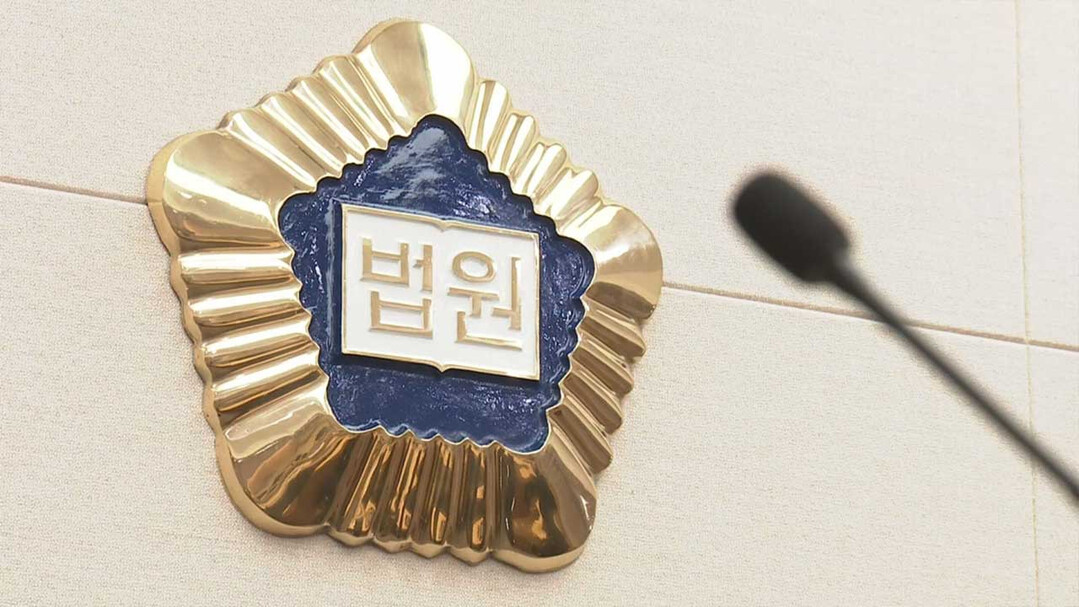
A significant consumer dispute resolution ruling has been issued, demanding that TMON and WeMakePrice take responsibility for consumers who suffered losses from purchasing prepaid electronic payment methods, such as cash and points, as well as external gift certificates issued by the platforms. The Consumer Dispute Resolution Commission of the Korea Consumer Agency (KCA) announced its decision on May 30th, following a collective dispute resolution application. The ruling mandates refunds or extensions of validity periods for affected consumers.
The decision directly addresses the responsibility of TMON and WeMakePrice for their own prepaid cash and point balances. The Commission has ordered that these balances be refunded within the limits of the payment guarantee deposits held by the companies' commercial banks. In TMON's case, where the refund amount may exceed this limit, the outstanding balance must be recognized as a rehabilitation claim within the ongoing corporate rehabilitation (court receivership) process and be reflected in the rehabilitation plan.
Expanding the Scope to Third-Party Vouchers and Happy Money
Beyond the platforms' direct liabilities, the ruling also covers third-party gift certificates sold by TMON and WeMakePrice. For these, the Commission has called for an extension of the validity period or reissuance of the vouchers held by the applicants. If such measures are deemed difficult due to management circumstances, the companies are instructed to refund up to 70% of the face value or purchase price of each gift certificate.
The ruling further extends to Happy Money gift certificates and Happy Cash balances, recognizing Happy Money's own court receivership. The Commission determined that these balances must also be confirmed as rehabilitation claims and included in Happy Money's rehabilitation plan.
The scale of the issue is considerable. The collective dispute resolution application involved 2,748 individuals for the TMON and WeMakePrice related cases, and a staggering 15,110 individuals for the Happy Money related cases. These applications stemmed from a large-scale payment settlement crisis that emerged in July of the previous year (2024), rendering affected consumers unable to use their platform cash/point balances or the third-party gift certificates they had purchased through the platforms.
The Path to Resolution: Acceptance and Legal Effect
The parties involved in this dispute must notify the Commission of their acceptance or rejection of the adjustment decision within 15 days of receiving the notification. If the decision is accepted, the adjustment becomes legally binding, carrying the same effect as a judicial settlement or a final court judgment. This means that non-compliance after acceptance could lead to further legal enforcement.
Background and Broader Implications of the Incident
The crisis at TMON and WeMakePrice, two prominent South Korean e-commerce platforms, first came to light in mid-2024 when numerous vendors reported significant delays or outright non-payment of sales proceeds. This led to a ripple effect, impacting consumers who had purchased prepaid cash, points, or third-party vouchers through these platforms. The inability to use these accumulated balances for online purchases or services caused widespread distress, particularly for those who relied on them for daily transactions or specific purchases, such as tuition fees, as highlighted by a protest sign reading, "Give back Happy Money, it's my son's tuition!"
The Korea Consumer Agency (KCA), a government-affiliated organization responsible for consumer protection and dispute resolution, stepped in to mediate the escalating crisis. Their role is crucial in such collective disputes, aiming to provide a faster and less costly resolution compared to traditional litigation, which can be lengthy and financially burdensome for individual consumers. The KCA's Consumer Dispute Resolution Commission comprises legal experts and consumer advocates, ensuring a balanced and informed decision-making process.
The inclusion of Happy Money in the dispute underscores the interconnectedness of the e-commerce ecosystem. Happy Money, a widely used gift certificate in South Korea, found itself in a similar financial predicament, entering court receivership. This meant that even if TMON and WeMakePrice had facilitated the sale of Happy Money vouchers, the ultimate inability to redeem them fell on Happy Money's financial insolvency. The KCA's ruling ensures that all parties, including third-party issuers in rehabilitation, are held accountable within their respective legal frameworks.
This ruling sets an important precedent for consumer protection in the rapidly evolving digital commerce landscape. It emphasizes the responsibility of platform operators to safeguard consumer funds, even when those funds are in the form of digital points or third-party vouchers. Furthermore, it highlights the importance of robust financial safeguards, such as payment guarantee deposits, to protect consumers in cases of corporate financial distress. The case also brings into focus the need for clearer regulations regarding prepaid electronic payment methods and their redemption mechanisms, particularly when platforms face insolvency.
The decision by the Consumer Dispute Resolution Commission is a significant step towards compensating the thousands of consumers affected by this crisis. While the full recovery of funds may depend on the success of the ongoing corporate rehabilitation processes for TMON, WeMakePrice, and Happy Money, the ruling provides a legal framework and a glimmer of hope for the victims. The next 15 days will be critical as the involved companies decide whether to accept the KCA's binding resolution, which could pave the way for expedited refunds and renewed trust in the digital marketplace.
[Copyright (c) Global Economic Times. All Rights Reserved.]






























